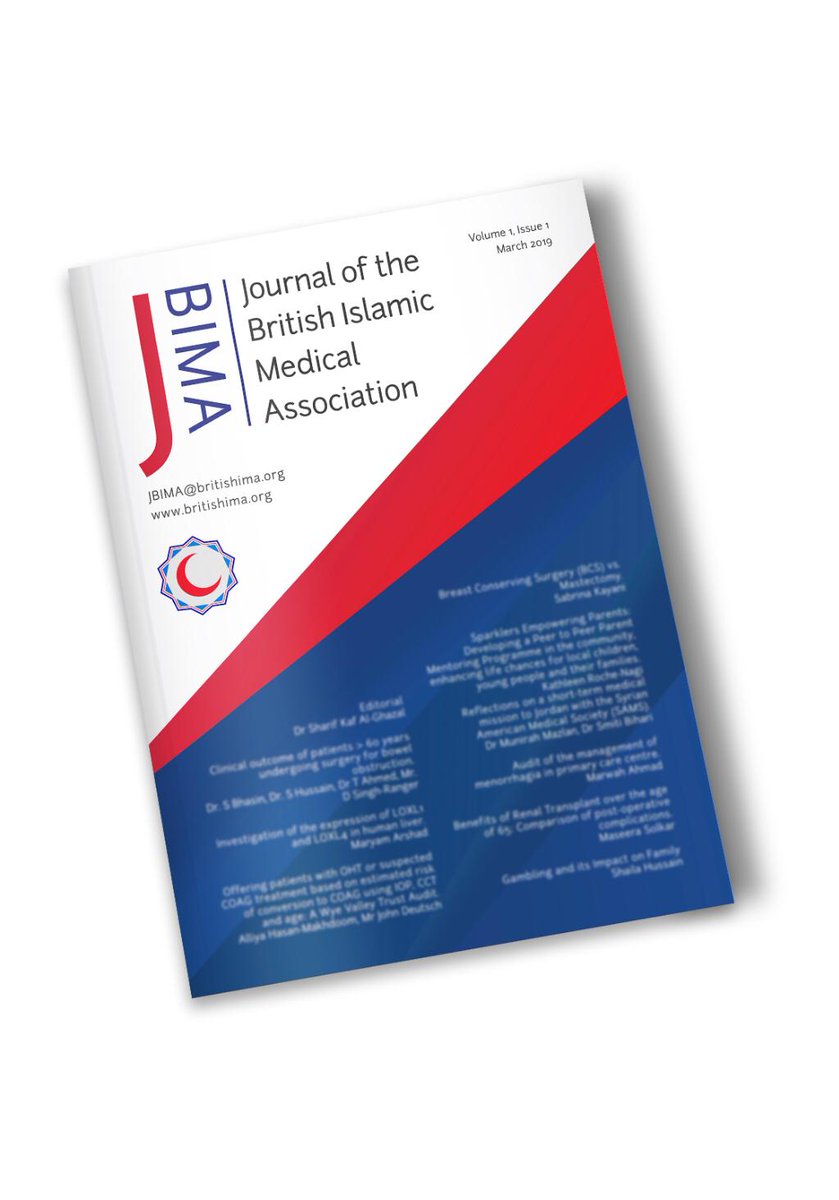
Almost one year ago, the Covid pandemic originated in China and we had the first case reported in the UK in late February this year. Coronavirus has had a profound and devastating effect globally and almost every human being has been affected. Having heard of the pandemics of the past, most of us would never have envisaged we would be facing the coronavirus pandemic and no nation was really prepared for this eventuality. Facing a global pandemic can never be easy, however the Covid pandemic has been exceptionally difficult to cope with even in this modern era due to the highly unpredictable nature and behaviour of this virus, and the unexpected clinical outcomes.
With most infectious organisms, outcomes can be predicted with some degree of certainty which is contrary to what we have seen with Covid. Rather bizarrely, approximately a quarter of Covid patients remain asymptomatic despite having active infection, on the other hand 15 to 20 percent display severe symptoms with respiratory involvement needing hospitalisation. Although there are risk factors in patents that can predict outcomes once severe disease prevails, it is ironic that some patients with significant comorbidities despite getting coronavirus display only mild symptoms, whereas others who are young and fit and well, experience severe respiratory failure and have succumbed to the illness. This behaviour of the virus has perplexed the medical community and has become a source of great anxiety and fear globally.
As a respiratory physician, I have been deeply involved with Covid management from the outset. As Covid is predominantly a respiratory illness, it was felt chest physicians would be best placed to deal with this condition. Back in March when we first started seeing patients with coronavirus, we had no previous experience of managing these cases and we had heard of the harrowing experience of Italian hospitals. In the NHS robust planning and preparations began early on and in Bradford we had excellent arrangements to deal with the first wave of Covid. We worked closely with our colleagues on the Covid wards and our non-respiratory clinician colleagues were managing the Covid stepdown wards. Bradford Teaching Hospitals has been an active participant in the UK based RECOVERY trial and we quickly learnt Dexamethasone therapy reduced Covid mortality which is now standard of care for hypoxic patients. We also realised the importance of robust VTE prophylaxis and management of pulmonary embolic disease. The difficulties with invasive ventilation and ventilator dependency soon became apparent prompting the use of early non-invasive ventilation (CPAP therapy) and proning, which has proven to have better outcomes.
The BAME community and elderly population, and those with co morbidities in particular obesity, diabetes mellitus, chronic lung, heart and kidney diseases were noted to be at increased risk of mortality. Bradford despite having a large south asian population has not had worse outcomes compared to neighbouring hospitals in the region. In Bradford we continued to have Covid patients once the first wave eased, whereas some hospitals in the UK had virtually no cases. Having a small number of Covid patients in hospital necessitated the need to maintain Covid services which has equipped us for the second wave and our efforts continue.
Although Covid is far from being a desirable event, there is a lot to learn from this pandemic. We have learnt that maintaining a healthy lifestyle has a protective effect. Obesity has become a prevalent issue globally which has largely gone unnoticed and the Covid pandemic has been a wakeup call. Obesity being a root cause for so many other illnesses (associated with poor outcomes in Covid), has made us realise this needs to be tackled as a priority public health initiative, and more people have been adhering to healthier lifestyles. We have learnt the most effective measures to curb the spread of disease is maintain social distancing, hand washing, use of face coverings and adhering to government advice. Covid has changed our working lives; we have learnt remote working from home does work for different professions. This has eliminated travelling time and environmental congestion, and will almost certainly be adopted once the pandemic is over.
The Covid pandemic is not over and even global experts are not sure if the coronavirus will ever be eliminated completely. As health care professionals, we all have a responsibility to continue the fight against this pandemic. It is crucial we reiterate the message to our patients and the public to adhere to all measures to control the spread of the disease. From the platform of Bradford Teaching Hospitals, our representatives have been able to get these messages across on several occasions via national and local media sources.
The RECOVERY trial has proven that there is an effective treatment which reduces mortality in severe Covid, and as physicians we have a responsibility to encourage every hospitalised patient to participate in clinical trials to explore other beneficial treatments. Nationally and globally endless efforts are ongoing to find an effective Covid vaccine and in Braford we have been fortunate to be a part of this effort. We have been working closely with various community groups and representatives, having successfully recruited more than 500 subjects for the phase 3 Novavax trial. The Bradford respiratory team is ambitious and planning to be a part of further Covid trials in the near future hoping there will be a breakthrough soon.
Finally, as the medical community, we must remain determined in the efforts against Covid, provide prompt medical care to our patients in well-equipped hospitals and find new scientific approaches to neutralise the devastating virus.

